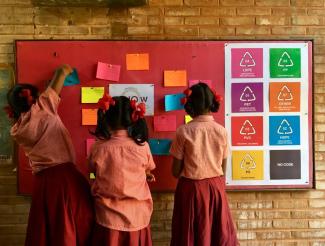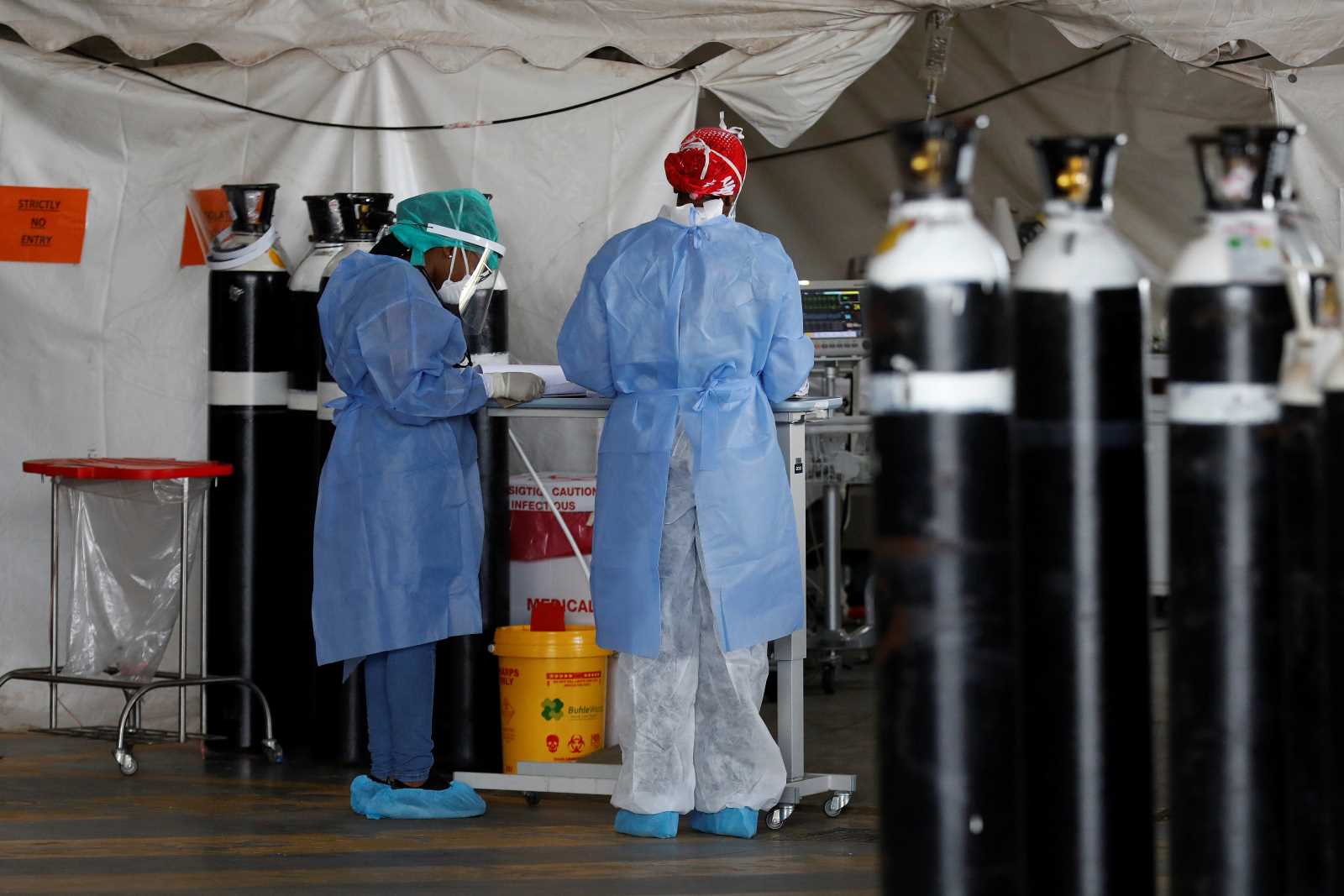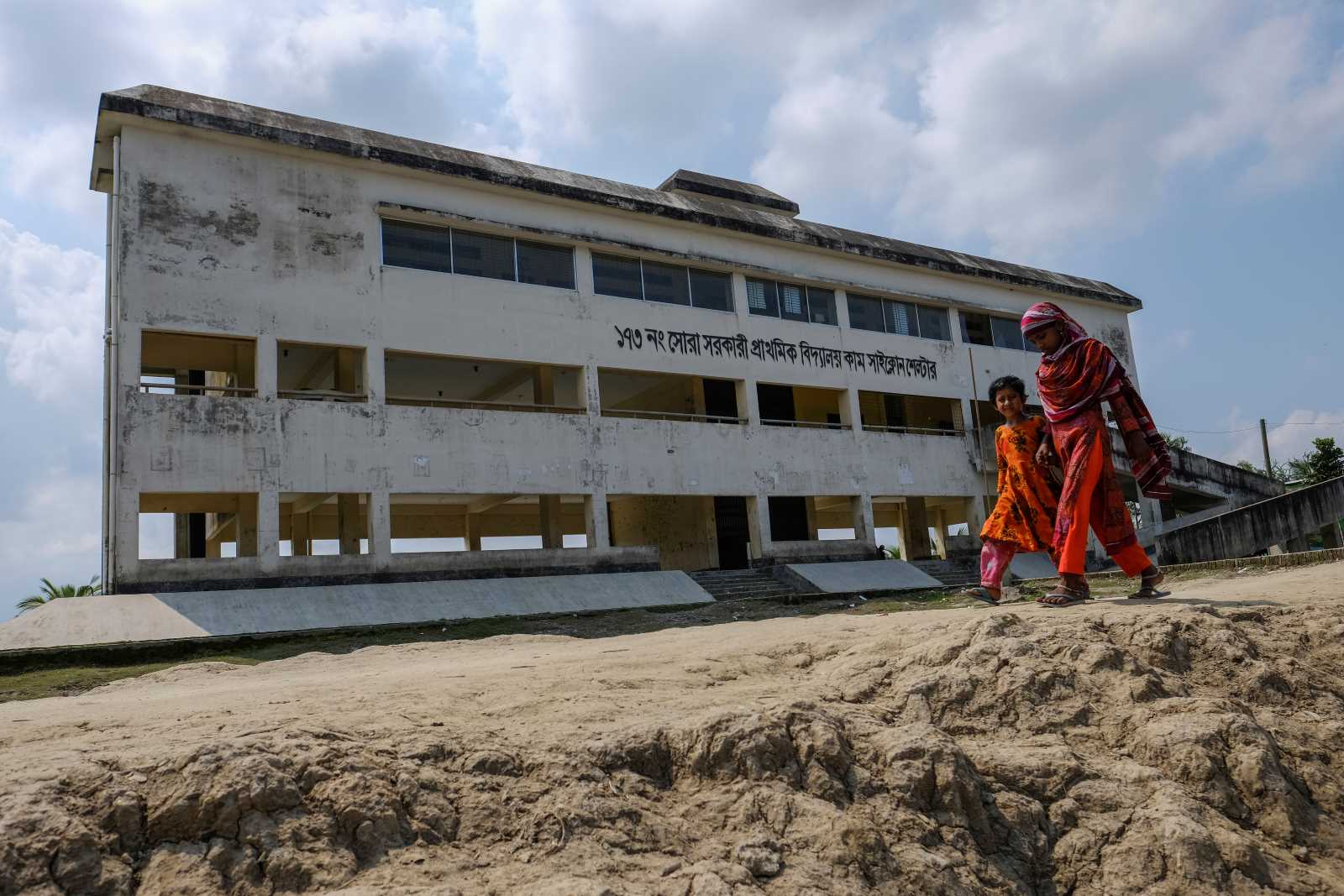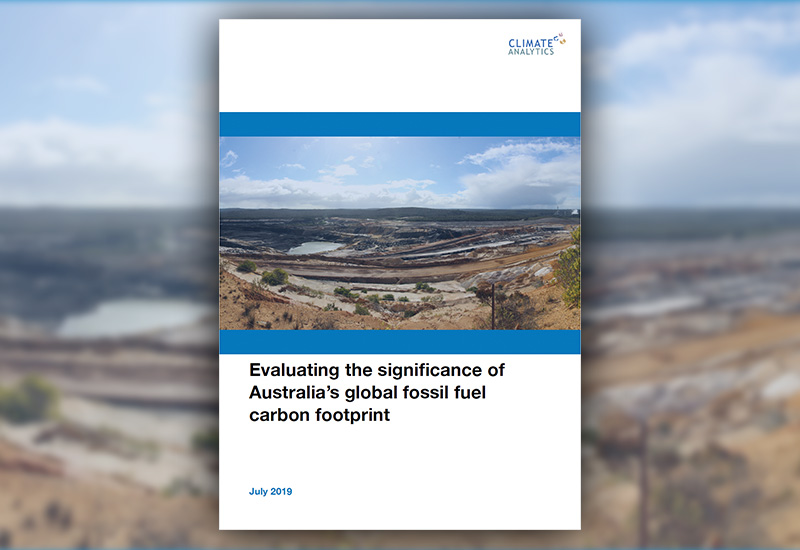Schools
Eight-week module on plastic waste for school curricula

Our most recent programme is called kNOw PLASTICS. It was rolled out across 106 schools, targeting nearly 12,000 students mostly across India, but also in Sri Lanka and Romania. The programme and insights from the research also formed the basis for chapters on plastics that are included in textbooks that the state government of Tamil Nadu has approved for government schools. The target group is students of the ages six to 15 years.
kNOw PLASTICS is an eight-week programme. We take a playful approach that includes songs and hands-on learning methods. Among other things, we developed a memory card game. Each of the 50 cards in the game represents a specific key concept about plastics. An accompanying booklet contains scientific information for each card. It also proposes activities that are not only fun, but also serve to reduce participants’ use of plastic. Emphasis was placed on single-use plastics and reusable alternatives, such as jute bags, for example.
kNOw PLASTICS is based on information we gathered from activists and scientists around the world. We did interviews by Skype for this purpose. The idea was to make sure our programme covers the most important issues when it comes to plastic waste.
We involved students and teachers in the development of the programme. This approach helped to make the programme more effective. Embedding assessment into a programme, moreover, helps teachers to monitor their students’ progress – both in terms of learning and behavioural change. Obviously, WasteLess benefits from such information too. The feedback participants gave us through questionnaires was used to improve the programme further.
After completing the kNOw PLASTICS programme, 80 % of the students could tell unsafe resin codes from safer ones (see main essay). The share of those who discussed plastics with their families was an astonishing 97 % so far. We are also happy that 97 % of the teachers said that the programme was enjoyable, with 93 % saying they would recommend it to colleagues. In short, we feel that this programme is a promising step forward in our battle against plastic waste by educating the youth to become active changemakers.











